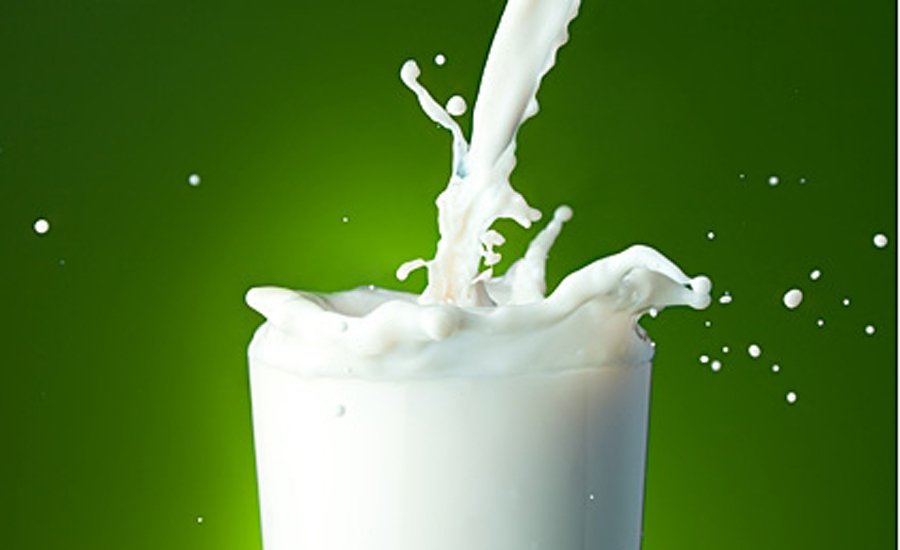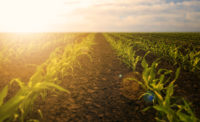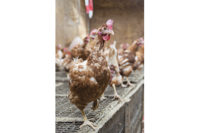Foundation for Food and Agriculture Research grant to better predict food’s shelf life, reduce food waste
Cornell’s researchers will develop models that predict milk spoilage and shelf life as well as the effectiveness of interventions that predict when food spoils and how to prevent consumers from disposing of items that are still safe.

The Foundation for Food and Agriculture Research (FFAR), Washington, D.C., awarded a $590,000 Seeding Solutions Grant to Cornell University, Ithaca, N.Y., to develop technology that provides consumers with a more accurate shelf-life predication for perishable products. The FFAR grant was matched with funding from the Department of Food Science at Cornell University, New York State Dairy Promotion Order and Chobani, New Berlin, N.Y., for a total $1.56 million investment.
Cornell’s researchers will develop models that predict milk spoilage and shelf life as well as the effectiveness of interventions that predict when food spoils and how to prevent consumers from disposing of items that are still safe. The project will initially focus on milk, applying the results to other perishable food and beverages. Ultimately, the research team aims to develop ways for consumers to scan a QR code linked to a time/temperature indicator on a food product, providing a precise estimate of the item’s remaining shelf life.
“To sustainably feed a growing population, it is imperative that we advance technology to accurately predict food spoilage,” says Sally Rockey, FFAR’s executive director. “This research will bring us closer to predicting the expiration of perishable food, which is essential for reducing avoidable food waste while ensuring nutritious food is safely consumed.”
FFAR’s work in this area supports innovative, systems level approaches aimed at reducing food and nutritional insecurity and improving human health in the United State and around the globe.
“This project represents an exciting application of digital agriculture tools to reduce food waste and further improve the sustainability of our food supply,” says Dr. Martin Wiedmann, professor of food science at Cornell University and the principal investigator of this project.
Looking for a reprint of this article?
From high-res PDFs to custom plaques, order your copy today!





